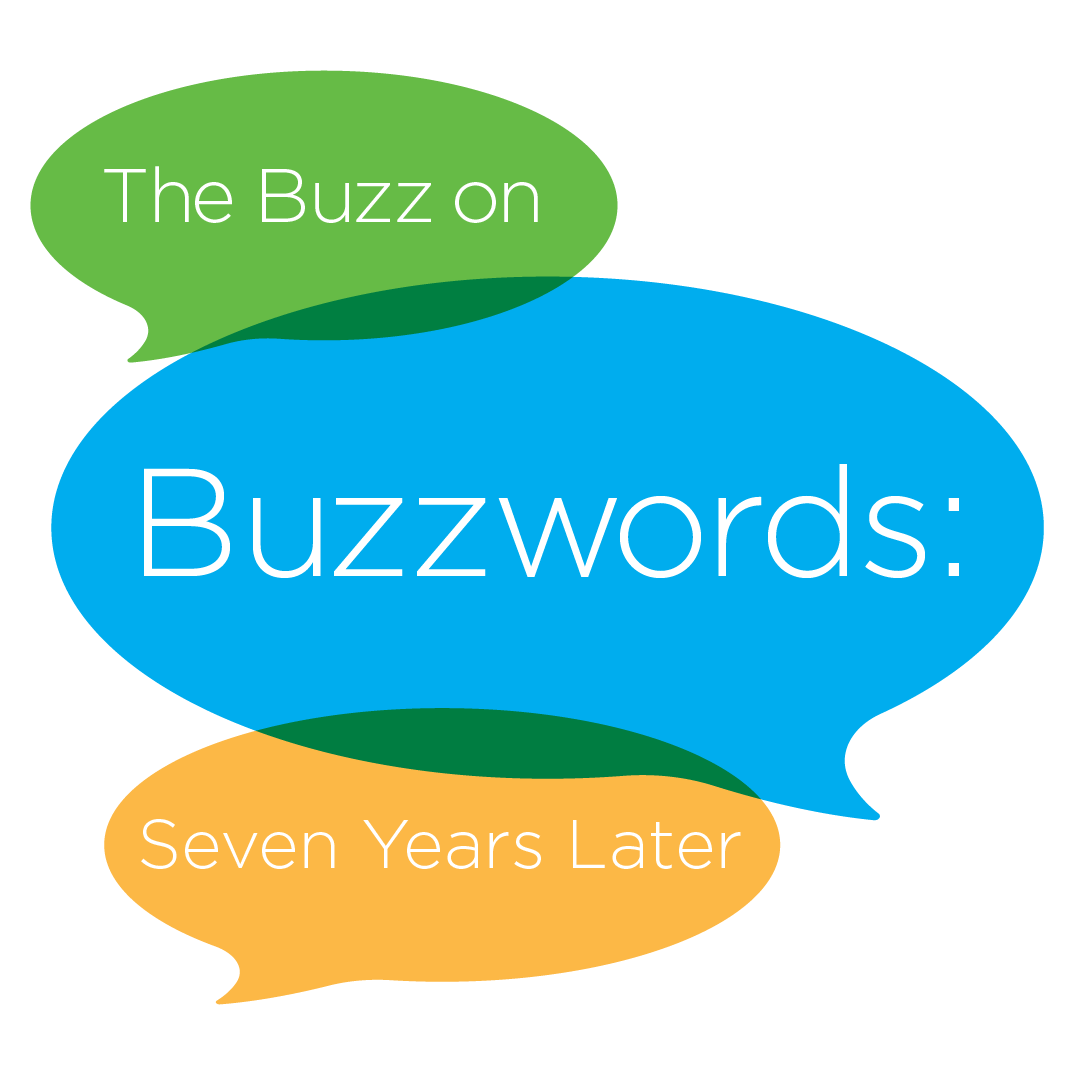What could have been … and what could be now?
Shelton Stat of the Week
In the 12 countries we surveyed, people very interested to extremely interested in hearing from companies about their greenhouse gas emissions ranged from 33% to 89%.
— Eco Pulse®, 2023 (Global)
You’ve probably seen the news: June was officially the hottest June on record, July is shaping up to be the hottest month ever on record, and the entire year may eventually earn that distinction.
I find myself wondering “what if” a lot.
- What if, instead of ridiculing Al Gore’s global warming warnings last century, most of our business leaders and elected officials had embraced them?
- What if we’d made solar standard on all new homes 20 years ago, updated our building codes to require tighter building envelopes and higher energy-efficiency, and reduced subsidies on fossil fuels to “force” cleaner forms of energy to come to market?
- What if corporate America had widely talked about climate change, what they’re doing to address it and how consumers and employees can help?
- What if we’d messaged the heck out of all of this, inspiring everyone to come together to defeat a common enemy and create a greater good, much like we did during World War 2?
Would that have helped us avoid, as Gore likes to call it, “a nature hike through the book of Revelation?”
I read a lot about how “it’s not too late,” and indeed, many positives are happening now. The International Energy Agency expects solar to be a greater part of the energy mix than coal and natural gas by 2027, and the agency says demand for oil & gas for transportation will begin to decline in 2026 (something that was deemed unthinkable by the oil and gas industry until recently).
But it feels very much like school is about to start and we only have three weeks to get all our summer reading done. It’s all hands on deck … we have to all do our part to slam on the brakes of climate change. And that means we all – individuals, companies, governments – have to stop burning fossil fuels. And THAT means we have to start messaging and motivating.
According to our latest Global Eco Pulse® data the top action most folks around the world think they should take to reduce their own greenhouse gas (GHG) emissions is to recycle (an average of 32%). Further down the list at 15% is “reduce my personal electricity use.” Yet, that IS the answer. Recycling certainly helps, but we simply can’t recycle our way out of climate change. Everyone needs more fuel-efficient cars and more energy efficient homes. And since cars are expensive, energy efficiency is the low hanging fruit. From swapping every light bulb for an LED to unplugging items not in use and air sealing one’s home, most of us can take simple, inexpensive actions that will reduce electricity consumption and reduce the burning of the fossil fuels still used to generate that electricity.
As the American Council for an Energy Efficient Economy (ACEEE) has boldly noted (and full disclosure, I’m on their board) energy efficiency can cut energy use, and the associated GHG emissions, in half by 2050.
So how do we motivate people to be energy efficient?
- Use humor. As a sustainability marketing agency, we’ve used many techniques to change paradigms and behaviors around a range of people and planet topics, and the most effective approach by far has been humor. You can see one example of a humorous campaign that worked very well to drive participation in home energy audits here.
- Lead with what matters most. We classify 34% of Americans as Actives in our long-standing consumer segmentation system, meaning that their actions reflect their values (Eco Pulse®, 2022). Messaging urging them to “take action to stop climate change” would likely be highly motivating for them … but likely not for anybody else. You have to lead with what feels more immediately in it for them, and we’ve learned after 20 years of marketing energy efficiency programs that health and safety are the most important drivers for most people. See an example of a campaign that has blown past all its benchmarks by leading with health, safety and comfort benefits here.
- Spend money. Thankfully, this has begun to change in recent years … just like you would spend money to launch a new product or promote your brand, you have to spend money to motivate change. This is, obviously, not an altruistic endeavor. By motivating consumers to take energy efficiency into their own hands, you will promote the sale of energy efficient products. And by promoting the more efficient use of your products (washing laundry in cold water, for instance), the more you position your company and/or brand as a leading actor on climate.
And depending on the country, 57%-85% of people will have a more positive opinion about your company when they know you’re a leader in reducing GHG emissions.
So, start shouting your GHG reduction efforts from the rooftops, and start motivating your buyers to reduce their energy use. It’s a win for life on earth and a win for life on Wall Street.

— The Washington Post
Another way to make people take impactful climate actions is by not giving them a choice. This Washington Post article details the Biden administration’s new push to require a universal update to water heater energy efficiency standards.

Electric Vehicles 2023: Prices are plummeting — is it finally time to buy?
— Yahoo! Finance
As more companies move toward fully electric vehicle offerings, the market seems to be lagging a little behind in adoption This Yahoo! Finance piece discusses the landscape of electric vehicles in the U.S. and if now is the perfect time to make the swap with incentives and reduced prices.
Buzz On Buzzwords
Find out what Americans think about sustainability, what different “green” words mean to them and how they interpret and respond to the jargon you may be using.


-
-
-
-
-
-
-
-
-
-
-
-
-
-
-
-
TAGS:Corporate Sustainability, Energy & Environmental Marketing, Environmental Issues